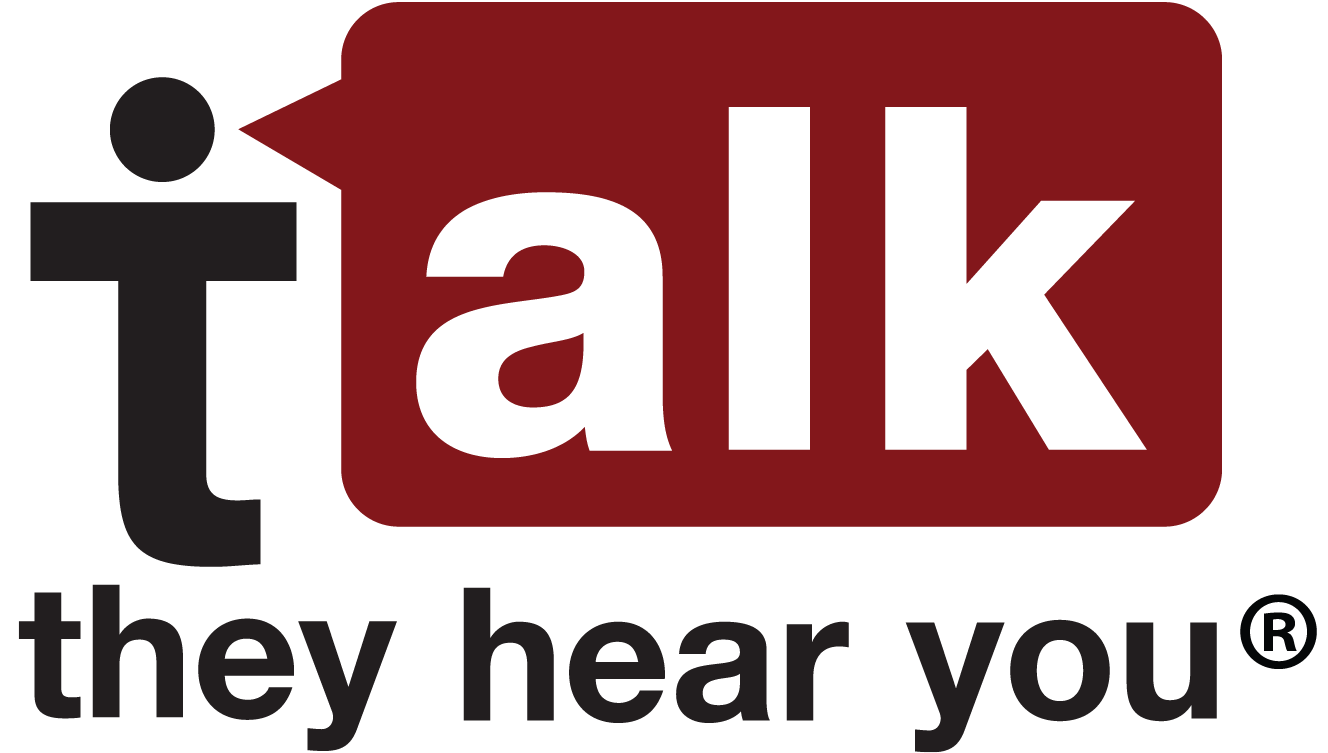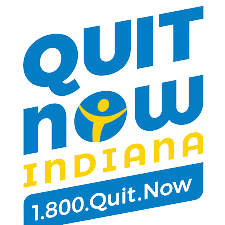Stories and Successes |
|
Did you know that nearly 90% of all smokers started at or before the age of 18 years old? That means that most individuals that try or consistently use these substances were using them at a school attending age. This just highlights the importance and opportunity of bringing education and cessation materials into a school setting, especially because the most of pressure that kids feel to use tobacco and other substances happens while they are in school. Not only is this the age when these decisions are typically made, but this is when kids are most likely to become addicted to substances. Nicotine is a highly addictive drug, and adolescents are still going through critical periods of growth and development that leave them to be more vulnerable to it's effects. Because of the addictive power of this drug, three out of four teen smokers end up smoking into adulthood. There are many ways to prevent and reduce the youth tobacco use rates, and most of the efficacy of it depends on the culture of the school. It's important to promote an environment that encourages anti-tobacco beliefs and behaviors, and we can do that by: 1. Forbidding tobacco use by students, staff, and visitors on school grounds 2. Providing comprehensive tobacco prevention education in various forms. 3. Provide training for teachers, staff, and administrators to successfully deliver education. 4. Involve parents and families in school efforts to prevent tobacco use. 5. Offer cessation materials for students and staff that are interested in quitting. To learn more about ways to keep the younger generation tobacco free, click here.
0 Comments
Leave a Reply. |
AuthorMultiple Authors including coalition staff, board members, and coalition members contribute to this page. Archives
March 2023
|
Location100 N. Meridian Street
Portland, Indiana 47371 |
About UsThe Jay County Drug Prevention Coalition (JCDPC) is part of the statewide network of the Indiana Commission to Combat Drug Abuse. The JCDPC is the Local Coordinating Council (LCC) for the community.
Contact UsGeneral Info:
(260) 251-3259 [email protected] Recovery Info: [email protected] Prevention Info: [email protected] |
|




 RSS Feed
RSS Feed

